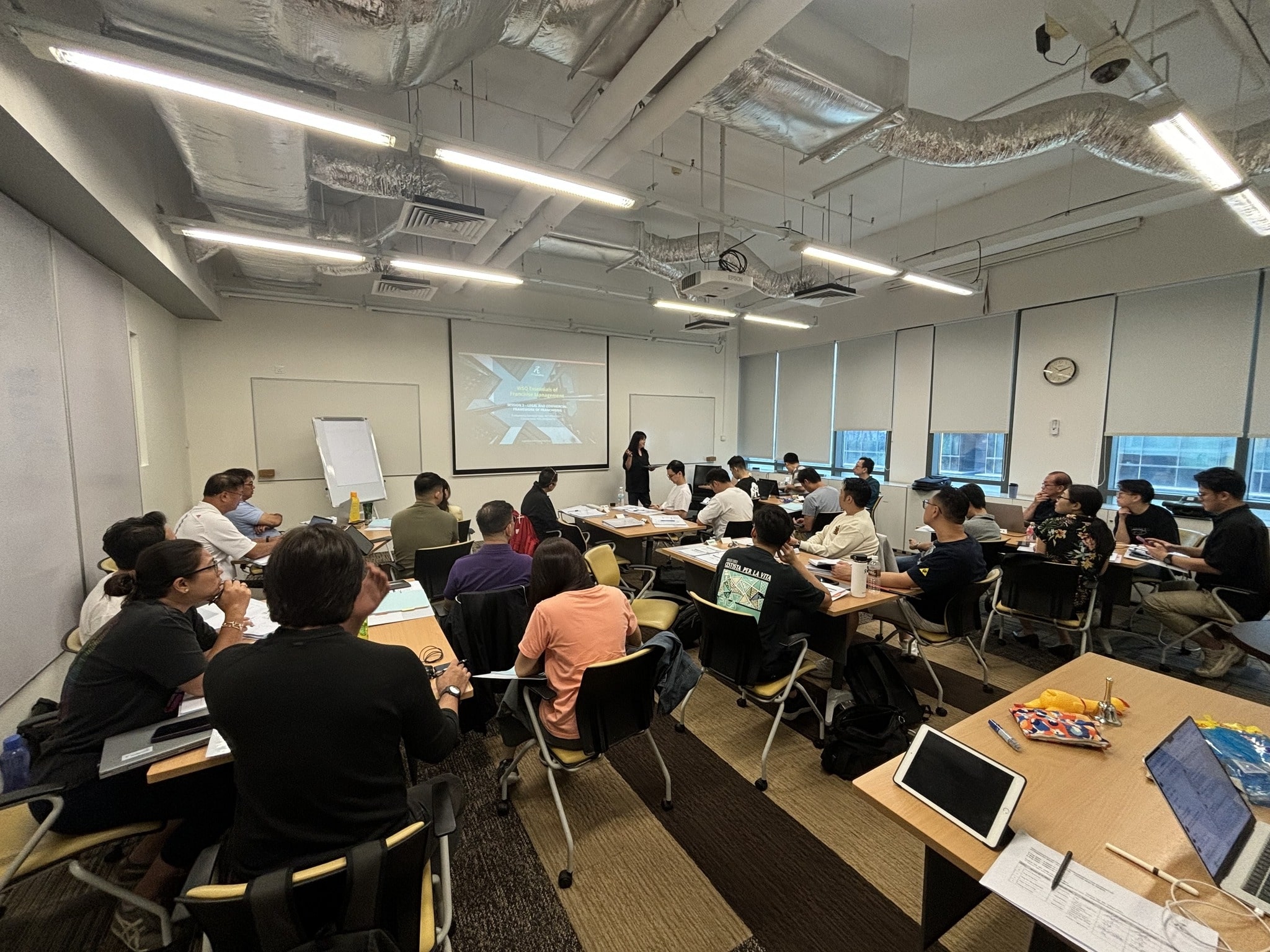The Impact of Franchises & How They Transform Local Economies
Franchises have long been a cornerstone in today’s society and can be found dotting various landscapes across the globe with many of the logos and brands we’ve come to know and love. While it is no secret that their expansion is primarily driven by profit-centred motivations, franchises contribute a lot to the local economies in which they do business and shape their communities in many ways. As such, it is worth exploring the economic impact that a franchise business brings and how it also serves as a dynamic catalyst for growth, not just a driver of higher profit margins.
By taking a closer look into their role in transforming local economies, one can better recognise the interconnected relationships between franchises and community development, as well as other local small businesses and employment opportunities in the area. Read on as we go over the various aspects in which franchises promote the economic vibrancy of their local community and how they leave an indelible mark on the socioeconomic fabric of economies around the world.
Job creation and employment stability
One of the most direct impacts of franchises on local economies is job creation. As established engines of employment generation, franchises across various sectors always bring numerous opportunities to communities, starting from entry-level roles all the way to management positions. This influx of diverse jobs can significantly reduce local unemployment rates, provide stable income sources for residents, and enhance workforce participation, especially in communities where franchises already thrive.
Moreover, franchises typically offer structured training programmes, which can enhance the skill sets of residents and widen their horizons in the broader job market. And last but not least, this localised hiring approach fosters community engagement and a sense of belonging while circulating income within the neighbourhood, which further strengthens its economic resilience.
Economic stimulation and capital circulation
Top franchises in Singapore contribute to economic stimulation by generating consistent revenue streams and fostering capital circulation within local economies. By sourcing products and services from local businesses and suppliers, franchises ensure that a portion of their revenue remains within the community. These types of relationships also largely benefit the smaller companies as they can leverage their association with international brands to prop up their operations and build their profile.
Since franchisees typically operate for the long haul wherever they put down roots, they ultimately become a pillar of support for local vendors and suppliers by ensuring the latter can always expect constant demand. All in all, this practice not only bolsters the entrepreneurial ecosystem of the region but also strengthens ties between franchises and independent businesses. Additionally, having several franchises in a community is guaranteed to draw in further investment into the region as their presence is a strong indicator of a thriving economic environment.
Social impact and community engagement
It has become the norm for businesses to involve themselves in the local community, be it for purely profit-driven or altruistic reasons. Regardless of the motivation, the end result remains the same: the local community and the other businesses operating within it achieve long-term benefits. This is mainly in part due to franchises driving community development through initiatives like corporate social responsibility (CSR). The efforts born from this popular scheme range from supporting local charities to hosting community projects and more, which all help to improve the quality of life of residents and promote a sense of cohesion. Moreover, franchises often collaborate with local organisations to address specific community needs, such as providing disaster relief or supporting environmental sustainability efforts.
Conclusion
Franchises have long since helped local economies thrive and flourish in many ways as we’ve explored above, which drive significant economic and social benefits for the nearby communities. That said, it is essential to be aware of and address the challenges associated with franchise dominance to maintain a balanced and inclusive economic landscape. Through thoughtful collaboration and strategic planning, franchises and local businesses can coexist and thrive, contributing to the overall prosperity of their communities.

The Franchising and Licensing Association (Singapore) offers tailored courses that delve into the economic contributions of franchises and how you can maximise your impact. Whether you're just starting or looking to expand, these courses provide valuable insights to help you succeed. Take the first step towards transforming your franchise and the local economy today.

